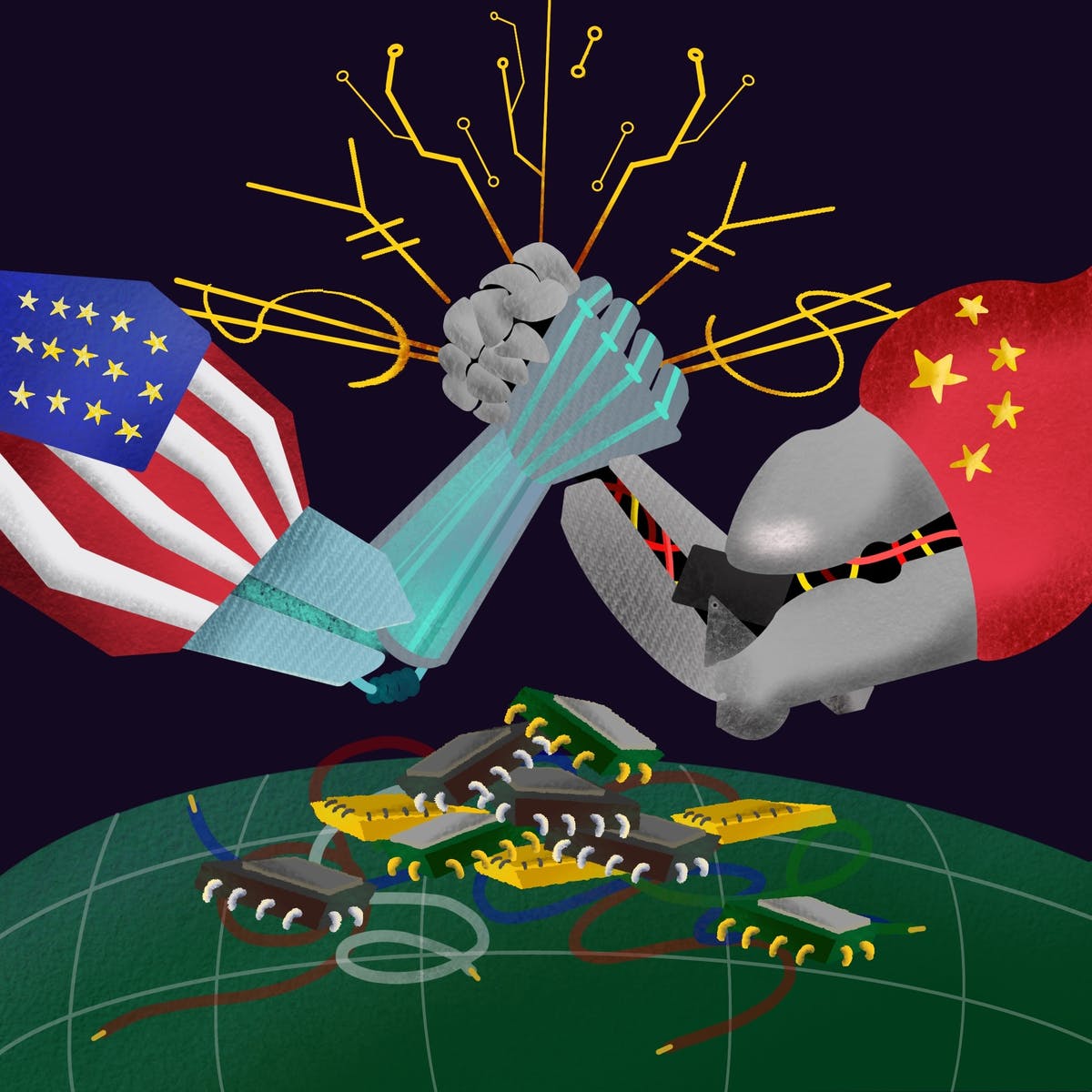

If you have a question you’d like an expert to answer, send it to.

Universal History Archive/Universal Images Group via Getty ImagesĬurious Kids is a series for children of all ages. This includes the opportunity to have an Ionizing Radiation Registry Examination performed and special eligibility for treatment of conditions that the VA recognizes as potentially radiogenic by statute or regulation whether or not they have had a radiation compensation claim approved.Soviet leader Nikita Krushchev, left, met with U.S. “Atomic vets” are eligible to participate in the VA’s Ionizing Radiation Program. Veterans may be eligible for disability compensation and health care benefits for any disease that VA recognizes as associated with military service or exposure to radiation during military service.

Exposure to radiation has been associated with a number of disorders including leukemia, various cancers, and cataracts. Veterans from this conflict are often referred to as “atomic vets” because of their exposure to atomic weapons and radiation.Īpproximately 200,000 US service personnel performed occupation duties in Hiroshima and Nagasaki following the atomic bombing of Japan and a similar number of service members participated in atmospheric nuclear weapons tests from 1945 to 1962. Because of these tests, the main health risk linked to the Cold War is nuclear exposure due to nuclear weapons testing. The United States performed nuclear arms tests to ensure that if such a war did occur, they would have effective weapons. The United States feared that tensions with the Soviet Union and its satellite states could potentially result in a nuclear war. Eisenhower Unique Health Risks Exposure to nuclear weapons “From behind the Iron Curtain, there are signs that tyranny is in trouble and reminders that its structure is as brittle as its surface is hard.” General Dwight D. The Cold War never resulted in direct military conflict between the United States and the Soviet Union, but was marked by economic competition, a nuclear arms race, military tension, and proxy wars. A major fear of the Cold War was nuclear war with associated health concerns about exposure to ionizing radiation. The Cold War generally refers to the period of tension between the U.S., its allies and the Soviet bloc from the end of World War II in 1945 until the collapse of the Soviet Union (USSR) in the 1990s.


 0 kommentar(er)
0 kommentar(er)
